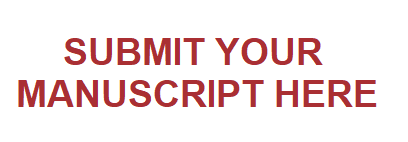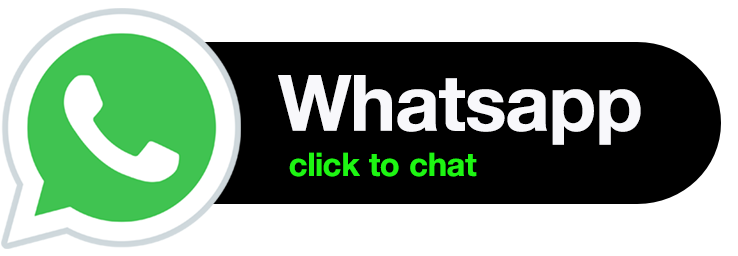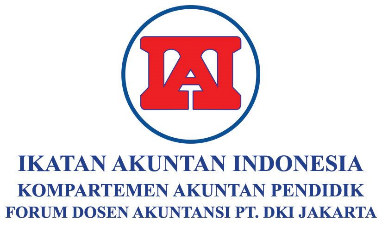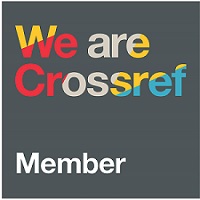R-W-C Policy
Retraction
The papers published in ASRJ will be considered to be retracted from the publication if :
-
They have clear evidence that the findings are unreliable, either as a result of misconduct (e.g. data fabri-cation) or honest error (e.g. miscalculation or experimental error)
-
the findings have previously been published elsewhere without proper crossreferencing, permission orjustification (i.e. cases of redundant publication)
-
it constitutes plagiarism
-
it reports unethical research
The mechanism of retraction follow the Retraction Guidelines of Committee on Publication Ethics (COPE) which can be accessed at https://publicationethics.org/files/retraction%20guidelines.pdf.
Withdrawal
Author is not allowed to withdraw submitted manuscripts. This is because the withdrawal is a waste of valuable resources that editors and referees have spent on time processing submitted manuscript and works invested by the publisher.
If author still requests withdrawal of his/her manuscript when the manuscript is still in the peer-reviewing process, author needs to confirm to our editor and send the information about withdrawal.
Email for requsting of withdrawal : asrjournal@upnvj.ac.id
Correction
ASRJ should consider issuing a correction if:
- A small part of an otherwise reliable publication reports flawed data or proves to be misleading, especially if this is the result of honest error.
- The Authors list is incorrect (e.g., a contributor has been omitted or someone who does not meet authorship criteria has been included).
Corrections to peer-reviewed content fall into one of three categories:
- Publisher correction (erratum): to notify readers of a critical error made by journal staff (usually a production error) that negatively impacts the publication record or the scientific integrity of the article, or the reputation of the authors of the journal.
- Author correction (corrigendum): to notify readers of a critical error made by the authors, which has a negative impact on the publication record or the scientific integrity of the article, or on the reputation of the authors or the journal.
- Addendum: an addition to the article by its authors to explain inconsistencies, expand the existing work, or otherwise explain or update the information in the main work.
The Editor-in-Chief decides whether a correction should be issued, sometimes with advice from reviewers or editorial board members. Handling editors will contact the authors of the paper concerned with a request for clarification, but the final decision about whether a correction is required and which type rests with the Editor-in-Chief.














